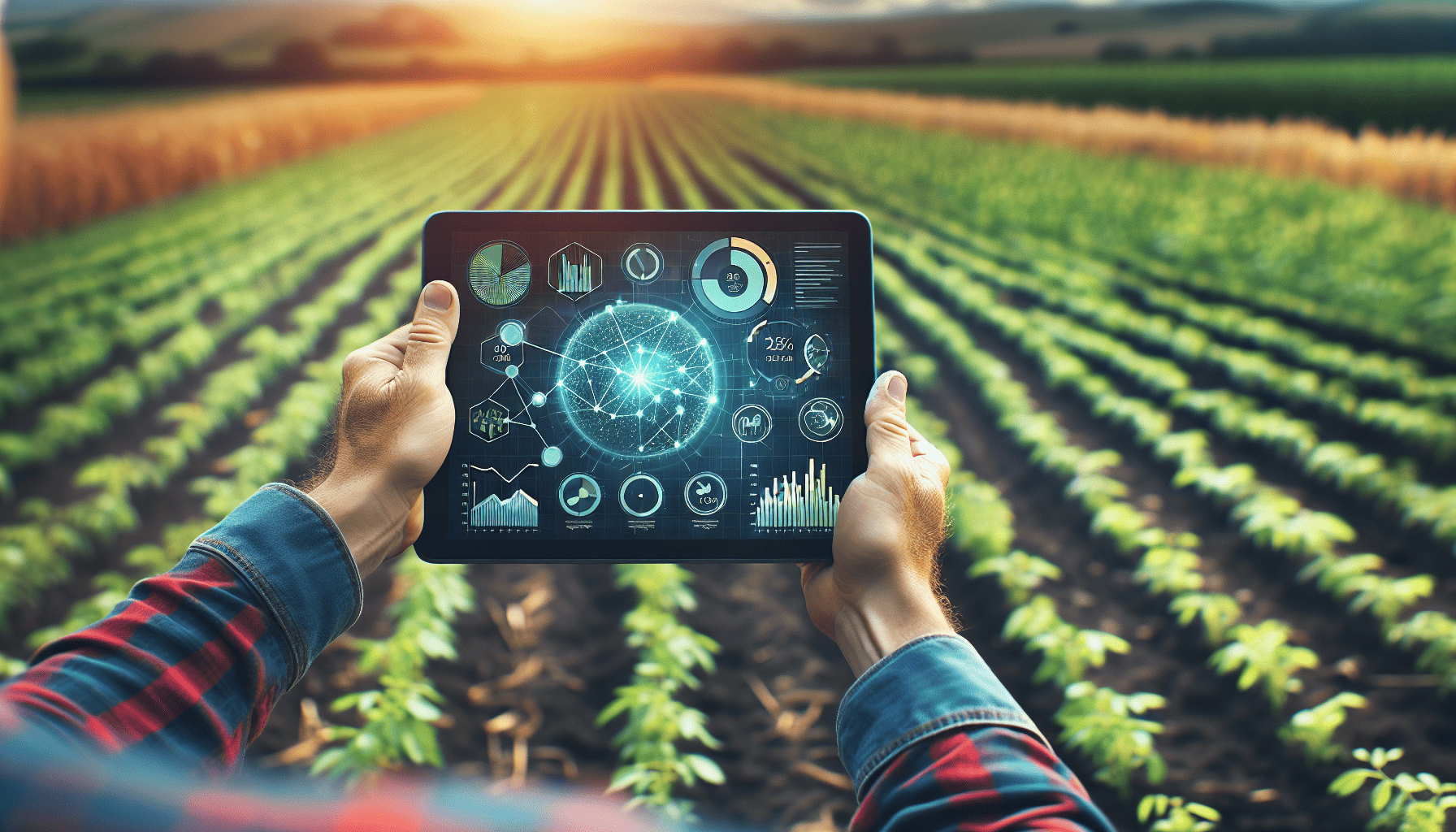In recent years, advancements in technology have begun to significantly impact the agricultural sector, with innovations such as crop management software playing a crucial role in transforming traditional farming practices. By integrating modern technology into agriculture, farmers can now enhance productivity, increase efficiency, and improve the sustainability of their farming operations.
Crop management software provides a comprehensive suite of tools tailored to help farmers make informed decisions. Through the use of data analytics, remote sensing, and IoT devices, this software offers real-time insights into various aspects of farming, including soil health, weather conditions, pest threats, and crop growth stages.
One of the primary benefits of using crop management software is improved resource management. Farmers can optimize the use of water, fertilizers, and pesticides, reducing waste and minimizing environmental impact. By analyzing soil moisture levels and weather forecasts, the software can recommend precise irrigation schedules, ensuring crops receive the right amount of water at the right time. This targeted approach not only conserves water but also maximizes crop yields.
The software also facilitates better pest and disease management. By using predictive analytics and historical data, it can alert farmers to potential pest infestations or disease outbreaks before they occur. Early intervention means farmers can address issues promptly, reducing the risk of significant crop loss and lowering the necessity for extensive pesticide use.
Furthermore, crop management software helps streamline farm operations by maintaining detailed records of all farming activities. Whether it's planting schedules, fertilizer applications, or crop rotation plans, having centralized data enhances traceability and accountability. This comprehensive record-keeping is especially beneficial for farmers aspiring to meet certification standards or sell their produce to premium markets that demand transparency.
The integration of GPS and drone technology within crop management software offers farmers precise mapping capabilities. These tools assist in defining field boundaries, detecting crop variability, and planning mechanical operations with high precision, eliminating the guesswork usually associated with fieldwork.
Moreover, the financial benefits cannot be overstated. By leveraging precise data, farmers can better forecast yields, plan budgets, and align their strategies with market demands. This predictive economic insight supports smarter marketing and sales strategies, ensuring that farmers can capture the best prices for their produce.
As agriculture moves towards sustainability, crop management software becomes an indispensable ally. It promotes climate-smart practices by encouraging biodiversity, enhancing soil health through balanced nutrient management, and cutting down on greenhouse gas emissions due to efficient resource use. Implementing these solutions leads to healthier ecosystems and contributes to the long-term viability of the farming industry.
While the benefits are substantial, adopting crop management software also presents challenges. Farmers must be equipped with the necessary technical skills and infrastructure, such as reliable internet connectivity and compatible hardware. Training and support services are vital to ensure that farmers can fully harness the software's capabilities.
In conclusion, crop management software is a powerful tool that bolsters the efficiency and sustainability of modern farming. As the agricultural industry continues to evolve, embracing technological advancements will be key to meeting the world's growing food demands while protecting the planet for future generations. By integrating such technology into their operations, farmers can make strides toward a more prosperous and responsible future.
